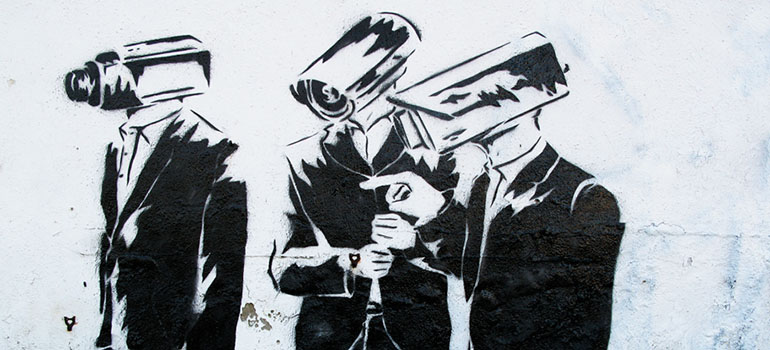Even as Facebook hits it’s one millionth advertiser, the worlds largest social network is shrinking in a key demographic, teens. TIME writes that teens and young adults are using the social network less and less. Twitter and Instagram are growing in numbers and many teens prefer using texting apps Vine and Snapchat as alternatives to social networks . What is the reason behind this demographic shift? Young adults want more privacy. The Pew Internet & American Life Project found that teens “have become acutely aware that anything they post online might be analyzed by parents, friends or colleges; 57% of them have chosen not to post something because they thought it might reflect badly on them in the future”. This is good news, young adults are becoming more aware of the impact their digital identity has on their lives.
While young adults have a growing concern overs social networking privacy settings they also are spending more time then ever on smartphones. According to the Pew Internet and American Live survey 56% of all US adults have smartphones. These rising numbers mean that more data is being gathered from mobile devices than ever before. The amount data is being collected by one individual smart phones many be more than the average person suspects.
Malte Spitz, a German politician sued his cell phone provider for access to the metadata they collected on his device over the period of six months. The amount of information would make big bother unconformable. Not only did they kept information on the number of calls, SMS messages and time spent on the internet but the location of the device at any given time. The data is so exact that the newspaper Zeit Online put together a real time map in which you can follow Spitz’s location down to street level.
Why is it that young adults are growing more aware of the issues with social network privacy and not of the issues surrounding metadata collected by their cell phone? Is it that the impact of say a boss viewing a personal tweet is stronger than a government surveillance program like PRISM? PRISM is an American surveillance program operated by the NSA. It aggregates data from personal telephone records as well as accesses information from the servers at Google, Apple, Facebook, Skype and many others. This large scale program can seem likely to impact individuals which causes apathy among the millions affected. Jennifer Valentino-DeVries, Wall Street Journal technology reporter believes that this apathy could be dangerous. In her “Ask Me Anything” on Reddit, Valentino -DeVries wrote:
“One response is that you might have more to hide than you think, and you might not even know right now that it’s something you want to hide…But what if the surveillance turns to target … say … people with Communist leanings? Or people of some other political persuasion deemed to be dangerous. We did have that whole “Red Scare” thing. One of my colleagues, Geoff Fowler, wrote a story about some students who joined a LGBT choir at college. The choir administrator signed them up for the Facebook group, and a notice went out to their families without their approval. It created a terrible situation for them. So … did they have something to hide? Yes and no.” – WSJ Blogs
Canadians might also feel protected from the PRISM s candle. Law professor Michael Geist warns us that there are more questions to be asked before Canadians get too comfortable., “Does this mean Canadian authorities are engaged in similar forms of surveillance? That Internet companies co-operate with Canadian authorities? That Canadian and U.S. authorities share information obtained through programs such as the Verizon meta-data program or PRISM? That Canadians are targeted by the U.S. programs?” The current system of law would suggest that all of these things are entirely possible. The way current laws stand any or all of these questions could be true.
Do you agree that we as a society are more likely to be worried about small scale privacy on social media than government collection of metadata? Why might this be so?




People said…